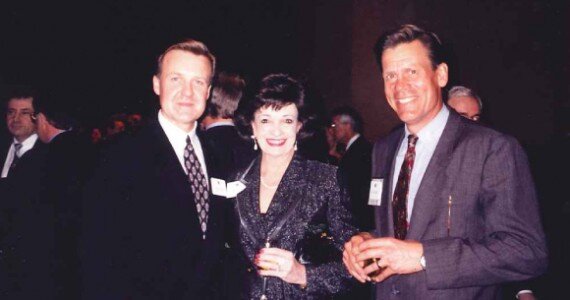Who’s Who and What’s What at Davos, Switzerland
The World Economic Forum has just finished in Davos, Switzerland, and it reminded me of my time at past events. You are either invited or request attendance, and need to be in a certain category to attend: world leader, politician, senior executive of a large (usually international) company, major academic, researcher or notable person. To say you’ve been to Davos is a big deal.
High in the Alps, Davos is a small recreational town where people enjoy skiing, snowboarding and mountain climbing. But in January, it becomes a fortified complex of the global who’s who. The Swiss army controls the entrances and exits of the town, private security units are hired, and major entities bring their own close protection teams. The town is one of those places in the mountains that still has a regular snow fall and cool temperatures; and, in our time of global weather change, it acts like it should.
The first time I went, I was amazed at the collegial atmosphere filled with discussions and information sessions. I was not in the same league as most of the attendees. I was gobsmacked (great British term) that I was able to have a conversation with people that you only read about or hear make decisions that can really modify—rightly or wrongly—our lives. It is not just a meeting of elites, it is more. It is a chance for those in positions of power, those who can affect change to meet face to face, to discuss global topics and issues. They get detailed, unique information on everything that goes on around us and could make a difference: business practices, economic issues, crime, climate change, population migration, wars, civil unrest, disease, politics and social needs.
In my first 48 hours, I was able to have a drink with Newt Gingrich, meet Nelson Mandela, and discuss Palestine with Shimon Peres over dinner while his security team looked on. We had a briefing with Richard Holbrooke from the US who explained why countries needed to emulate Asia and remove the high degree of social safety nets that countries like Canada had (I was able to ask questions about his ideas and get an intelligent yet, I believe, wrong answer). I got to hear George Soros speak, discuss peace and conflict, population and disease issues with Thomas (or Tad) Homer Dixon (then at U of T, now at UW), and meet Bill Gates. And there was more…
It is a rarefied place of wealth and power, but it is also a structured place of learning for those that shape a large part of the world we live in. The idea and concept is brilliant: Make sure those that lead understand and have access to what is going on in the world. The execution of the idea is well rehearsed, the people who need to be in Davos get there, and the content of the sessions allows everyone to get an in-depth background from those who are involved. It is a very human process, a 21st century equivalent to the campfire. In a digital age, The World Economic Forum is as important as when it first started; the human interaction it creates and nurtures throughout the year (through regular regional conferences) can help the decision makers understand the ramifications of those decisions. In some ways, the future is in their hands. Whether they truly listen or act is up to them.

